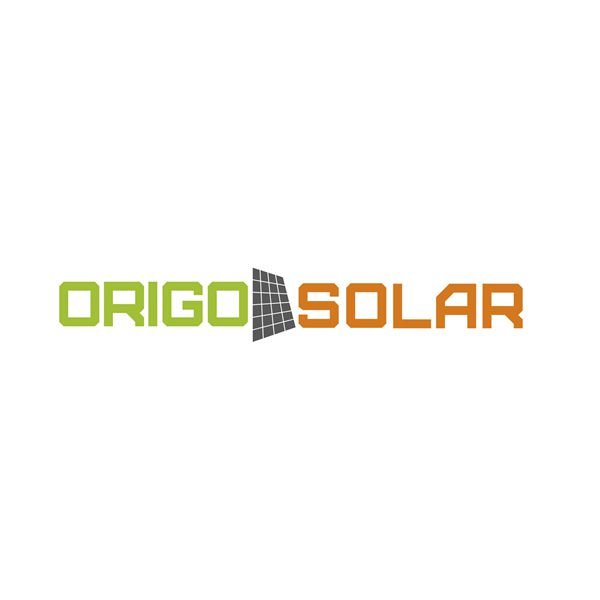Solar power systems have become increasingly popular in recent years as people seek more sustainable and cost-effective ways to power their homes and businesses. In this blog, we will explore what a solar power system is, how it works, and its benefits.
What is a Solar Power System?
A solar power system, also known as a photovoltaic (PV) system, is a renewable energy system that converts sunlight into electrical power. The system consists of solar panels, an inverter, and a battery bank (optional). The solar panels are made up of photovoltaic cells that convert the sun’s energy into direct current (DC) electricity. The inverter then converts the DC electricity into alternating current (AC) electricity that can be used to power homes and businesses. A battery bank is used to store excess electricity generated during the day for use at night or during cloudy weather.
How Does a Solar Power System Work?
The process of generating electricity from solar power is quite simple. First, sunlight hits the solar panels, which are typically mounted on the roof or ground. The photovoltaic cells inside the panels absorb the energy from the sunlight and convert it into DC electricity. The DC electricity is then sent to the inverter, which converts it into AC electricity that can be used to power homes and businesses. Any excess electricity that is generated but not used immediately is stored in the battery bank for later use.
Benefits of a Solar Power System
There are many benefits to using a solar power system. Firstly, solar power is renewable, which means it will never run out. This is in contrast to traditional energy sources such as coal, oil, and gas, which are finite and will eventually be depleted. Additionally, solar power is environmentally friendly, as it does not produce harmful greenhouse gas emissions like traditional power sources. This makes it a great option for those who are concerned about the environment.
Another benefit of a solar power system is that it can save you money on your electricity bills. By generating your own electricity, you can reduce or even eliminate your reliance on the grid. This can result in significant savings over time, especially as the cost of solar panels and related equipment continues to decrease.
Conclusion
In conclusion, a solar power system is a renewable energy system that converts sunlight into electricity. It consists of solar panels, an inverter, and a battery bank (optional). The benefits of using a solar power system include its renewable and environmentally friendly nature, as well as the potential for significant cost savings. As the cost of solar technology continues to decline, more people are expected to adopt this sustainable energy source as a way to power their homes and businesses.


